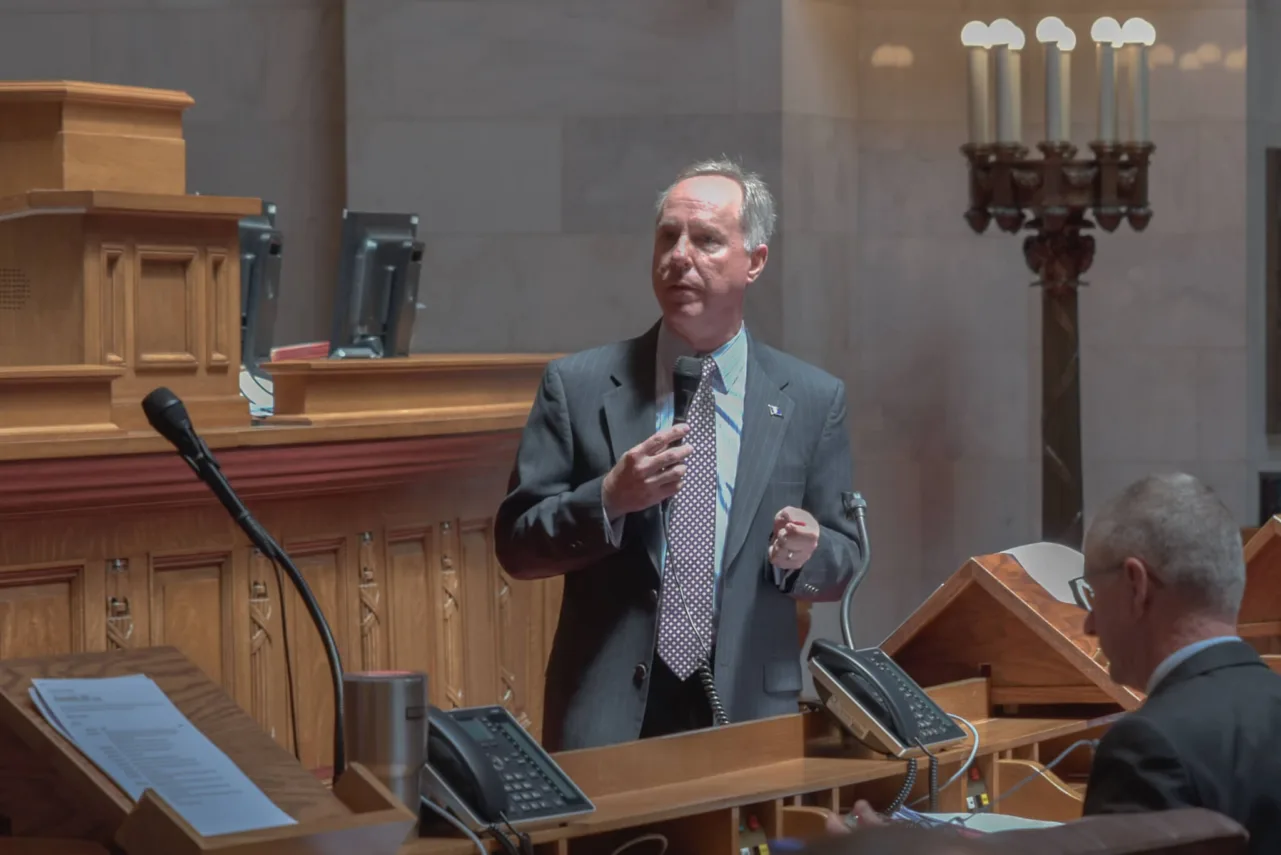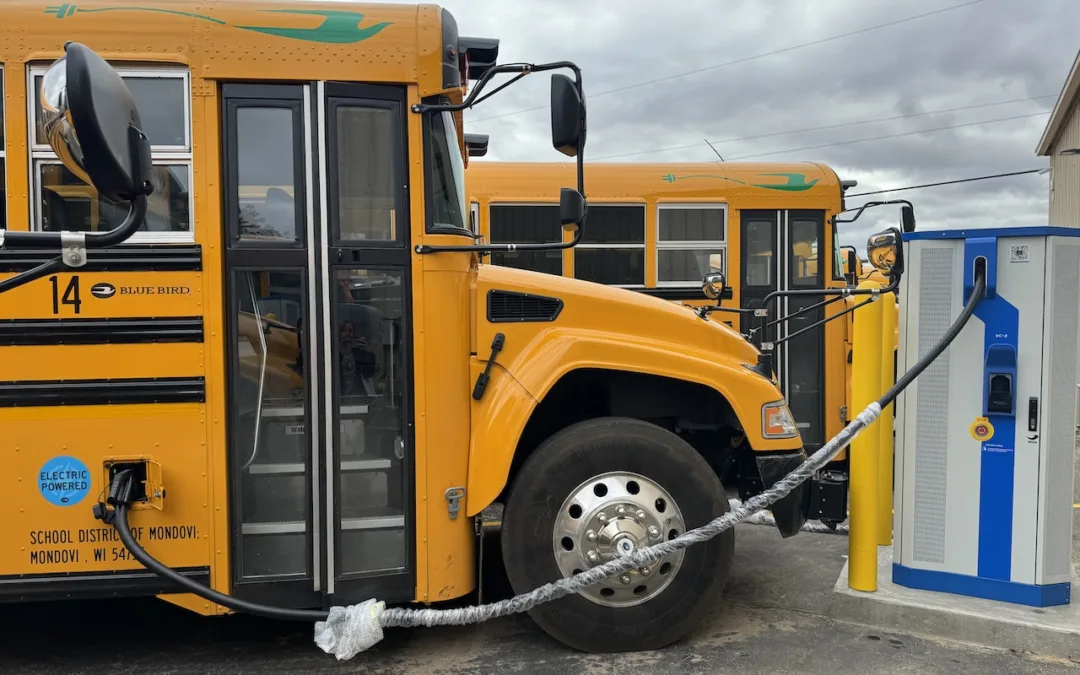
#image_title
#image_title
A busy day at the Capitol as Republicans pass voter restrictions and Evers calls for more police reform despite signing bills.
Tuesday was a busy day at the statehouse during which the Assembly passed several bills that Gov. Tony Evers is certain to veto, and Evers signed bipartisan police reform bills into law despite protests from activists.
The Assembly approved bills that would limit voter access via absentee ballots. The handful that passed are part of a package of bills derived from the false allegations of election fraud Wisconsin Republicans have perpetuated after the 2020 presidential election.
The restrictions on absentee ballots and on city clerks correcting errors, such as a missing address under the witness signature, so those ballots could be counted drew criticism from disability rights advocates, including Disability Rights Wisconsin.
“Absentee voting is a lifeline for many people with disabilities, because they experience so many barriers to voting in person, including lack of transportation, mobility restrictions, inaccessible polling places, and difficulty obtaining a state photo ID for voting”, stated Barbara Beckert, Disability Rights Wisconsin Milwaukee office director. “These bills will create new barriers that may disenfranchise many voters with disabilities, and criminalize some forms of assistance. We want to work with policy makers to protect the rights of voters with disabilities.”
RELATED: Wisconsin GOP Lawmakers Have Introduced 11 Restrictive Voting Bills, Analysis Finds
The Wisconsin Council of the Blind and Visually Impaired said current election law does not do enough to help the visually impaired and the bills that were approved by legislative Republicans would only put up more roadblocks between that community and the ballot box.
“Individuals with vision impairments and blindness, currently face significant barriers to voting, including not having an accessible absentee ballot,” Denise Jess, Wisconsin Council of the Blind and Visually Impaired CEO and executive director stated in a press release. “These bills place even greater barriers and further disenfranchise us from the right to vote.”
Evers said he would veto any bills that make voting less accessible.
Police reform bills become law
Evers signed into law four bills based on recommendations from the Assembly Speaker’s Task Force on Racial Disparities formed after the police shooting of Jacob Blake in Kenosha which will prohibit chokeholds except in life-or-death situations, require public access of departments’ use-of-force policies, require the Wisconsin Department of Justice (DOJ) to compile reports on use-of-force incidents, and allocate $600,000 in grant funds for establishing Community Oriented Policing (COP) houses.
While the bills received broad support, Evers emphasized they did not go far enough to address racial disparities in policing.
“There is no excuse for these four bills being the only bills that get to my desk,” Evers wrote in a signing statement. “Today is not the end, it has to be the beginning.”
He urged legislators to pass other bipartisan reforms recommended by the Assembly Speaker’s Task Force on Racial Disparities and the “Enough is Enough” package introduced by progressive Democrats.
In stark contrast, the Assembly Republicans approved a bill that would reduce state funds for municipalities if they reduce their policing budgets.
Rep. Janel Brandtjen (R-Menomonee Falls) argued the recent uptick in violent crime in Milwaukee was a direct result of the decision by the Milwaukee City Council to cut 120 officer positions last fall. However, Milwaukee has the second-highest percentage of its city budget taken up by policing compared to cities across the nation. Moreover, multiple long-term studies looking at the relationship between crime and policing show that more officers on the streets does not lead to a decrease in crime.
Assembly Democrats pointed out the bill was another example of Legislative Republicans micromanaging local governments that would prevent them from finding creative solutions for reducing crime.
“Typically, by the time you are calling the police, a crime has happened or a crime is in progress,” said Rep. Lisa Subeck (D-Madison). Subeck argued communities should be free to invest in social programs to reduce crime, such as mental health services and youth programs.

Minority Caucus Chair Mark Spreitzer (D-Beloit) who used to serve on the Beloit City Council, pointed out that if anyone has defunded the police over the past decade, it has been Republicans who have cut shared revenue to cities and capped their property tax levies. The Wisconsin Budget Project found the state’s shared revenue to cities was practically cut in half from 1996 to 2020, forcing municipalities to make tough decisions about how to fund municipal services.
“[This bill] is an egregious attempt to punish municipalities for making choices this legislature forced them to make,” Spreitzer said.
Politics

What’s the difference between Eric Hovde and Sen. Tammy Baldwin on the issues?
The Democratic incumbent will point to specific accomplishments while the Republican challenger will outline general concerns he would address....

Who Is Tammy Baldwin?
Getting to know the contenders for this November’s US Senate election. [Editor’s Note: Part of a series that profiles the candidates and issues in...
Local News

Stop and smell these native Wisconsin flowers this Earth Day
Spring has sprung — and here in Wisconsin, the signs are everywhere! From warmer weather and longer days to birds returning to your backyard trees....

Your guide to the 2024 Blue Ox Music Festival in Eau Claire
Eau Claire and art go hand in hand. The city is home to a multitude of sculptures, murals, and music events — including several annual showcases,...


